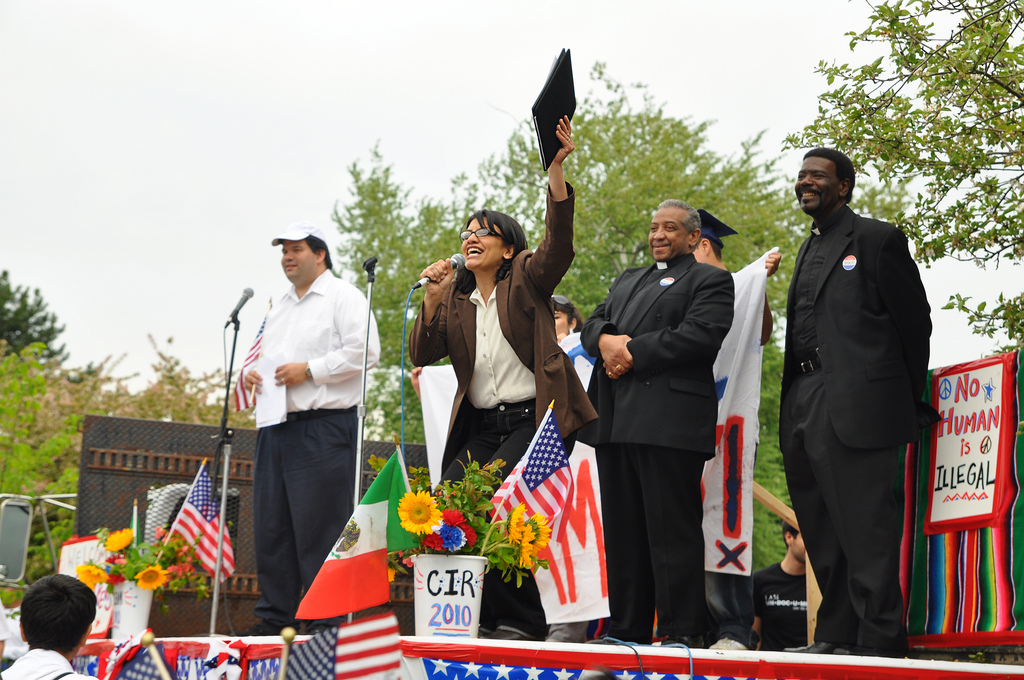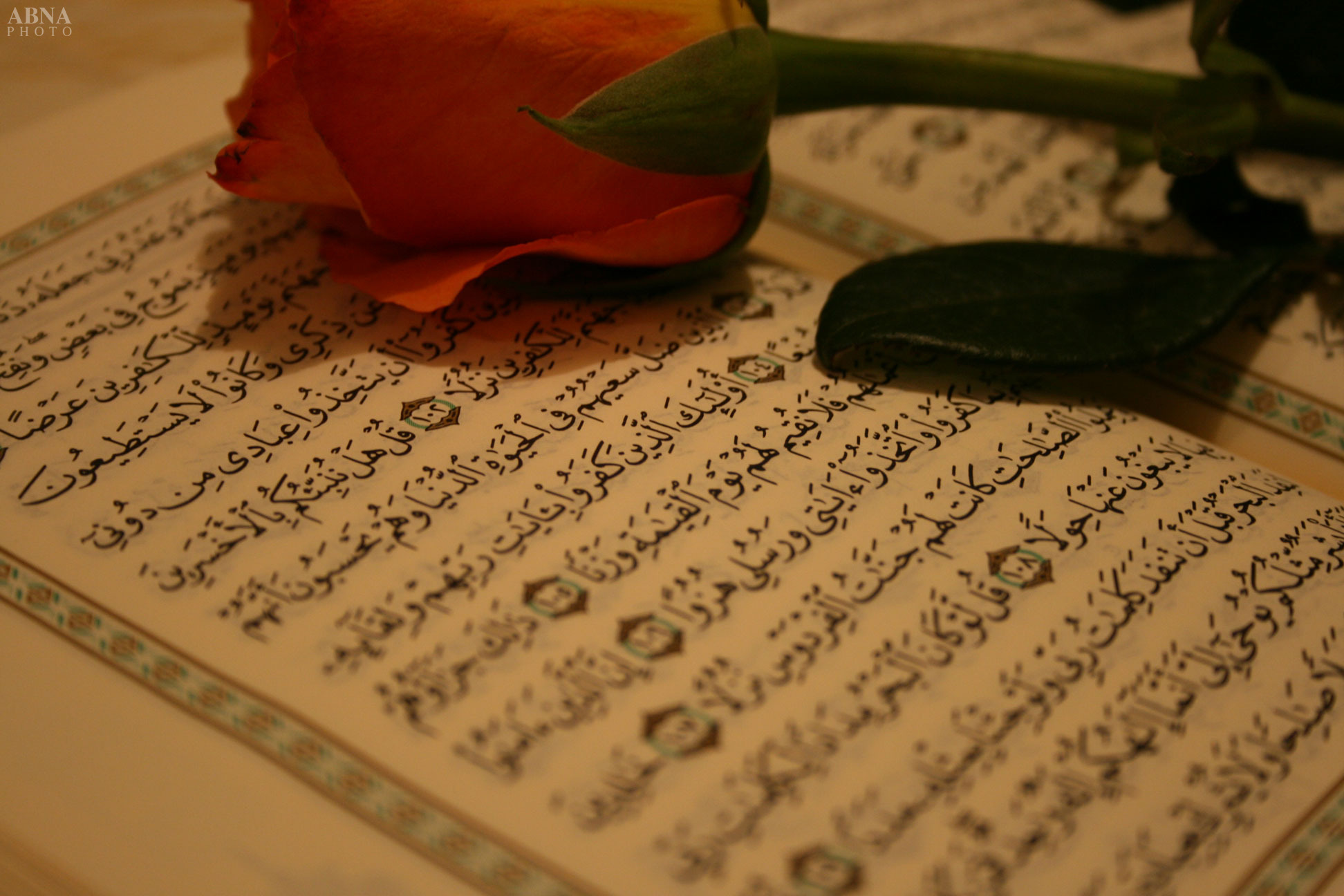By historical account, being a Muslim female meant being virtuous, loving, knowledgeable, and empowered by her faith. Well it’s centuries later and although we cite to the legacy of Islam, we fail to live up to it or keep the legacy alive.
Centuries ago, Islam presented a revolutionary take on women’s rights regarding marriage, inheritance, and civil rights, ultimately redefining a woman’s role in her community. By historical account, being a Muslim female meant being virtuous, loving, knowledgeable, and empowered by her faith. Well it’s centuries later and although we cite to the legacy of Islam, we fail to live up to it or keep the legacy alive. Many have already written about the state of our sisters worldwide, but I want to bring the issue into focus locally as well.
Our mosques and community centers are testament to our failure to honor the legacy and we have no one to blame but ourselves. In our mosques, we women settle for half (or less than half) the space in our mosques even though we are expected to share the space with our children. We have little to no live programming customized to our concerns and have to make do with AV feeds of the live speaker in the men’s wing. We settle for Sunday school classes, but have failed to arrange for live programming for kids during adult services. Why aren’t we demanding our due in terms of space, programming, spiritual guidance, and children’s programming?
What does this type of space allocation and lack of relevant programming suggest about the place of Muslim women in our modern day community? What does it suggest about how seriously we as a community take our role of taking care of our members? What kind of example and lesson does this serve for our children about the role of women and the pursuit of knowledge in Islam? What does it mean for the future of Islam that we are not investing in properly guiding our community’s mothers and youngest members? What does it suggest to the non-Muslim who visits our mosque to see how our women are treated and how seriously we take our commitment to continuing individual and community education? For those of my sisters who would respond by saying that “the men are in charge, what can we do?” The answer is use the knowledge you have to fight for your rights.
There is no doubt that to be a Muslim means to be someone who seeks out knowledge. Prophet Muhammad stated that “the acquisition of knowledge is a duty incumbent on every Muslim, male and female.” The quote was not limited to men, academic learning or learning up until a certain age. The quote makes it clear that all Muslims are required to continue seeking knowledge throughout their lives. In essence, Islam has a continuing education requirement just as many professions in the U.S. do.
It follows then that a major role of the Muslim community should be to facilitate the continuing education of its members – all of its members, not just men. Sadly, judging by the services held in our mosques, our community is falling miserably short of meeting its obligation.
Prophet Muhammad once said that “paradise lies at the feet of mothers.” It is these same mothers that we ignore in our programming, stuff into spaces too small to adequately house them, and fail to provide programming for. As it stands now, mothers, who are generally responsible for looking after the education of ourchildren, are themselves left without a source of community Islamic education and spiritual guidance for a time period in their lives when it would most benefit them in their roles of having to raise the next generation of Muslims. We do a disservice to all the women in our community – and indeed the community as a whole – by failing in our responsibility to provide relevant educational programming for women in our community so that they may raise the next generation of Muslims in accordance with Islamic principles and serve as examples of leadership, community participation, and a commitment to lifelong learning.
This isn’t about me persuading individual Muslims to seek spiritual enlightenment on their own. This is about something much larger than our individual selves. We live in a country where we are all pressed for time, all the time. We have so many things vying for our time and attention –jobs, classes, children, and families to tend to. So the little time we do have together at the mosques must be used for reflection, education, and community-building. This is a community-wide appeal. I ask that people in their communities band together to effect real change. Some suggestions as to how: (1) set up a Women’s Committee to seek out female speakers, set up classes for women, come up with innovative ways to address the concerns of women and children in the community, and petition the mosque’s leadership to include programming for women; (2) coordinate with other mosques to set up a “Speaker’s Bureau” of female speakers; (3) ask male speakers to hold separate khutbas related to issues specific to women and ask them to start training women in the community to become speakers for women-only services; (4) if your center doesn’t already have one, set up a youth group and a related monthly girls’-only event for discussion of social issues specific to the young women in our community; (5) set up adult education classes to be held at the same time as Sunday school classes for kids (topics may include, e.g., Islamic Guidance on Parenting, Women’s Rights in Islam (re marriage, inheritance, religious obligations during pregnancy, etc.); (6) become a part of the mosque leadership; and (7) discuss these suggestions with other women, and your mosque leadership.
I’m sure if we put our heads together, we can come up with even more ideas. Each mosque that takes on even one of these steps allows for an example to be set for other mosques in the area, and for the community at large. As a community that claims such pride in our legacy, we must strive to do better in facilitating our members’ pursuit of knowledge. We must not be lazy in sticking with traditional formats. We have to reform ourselves, our way of thinking, and our way of doing things so that we can all become better Muslims and a stronger community. Our young men and women are watching and learning from our example, so I urge you to live up to the legacy. Our obligation to our faith and our future demands it.
Zehra Naqvi is an attorney in New York city and one of the co-founders of the Council of Shia Professionals.




Great suggestions, Zehra – I especially like the idea of a Women’s Committee, or even specifying a chair within an existing mosque leadership committee, to address the community and educational needs of adult and young women.